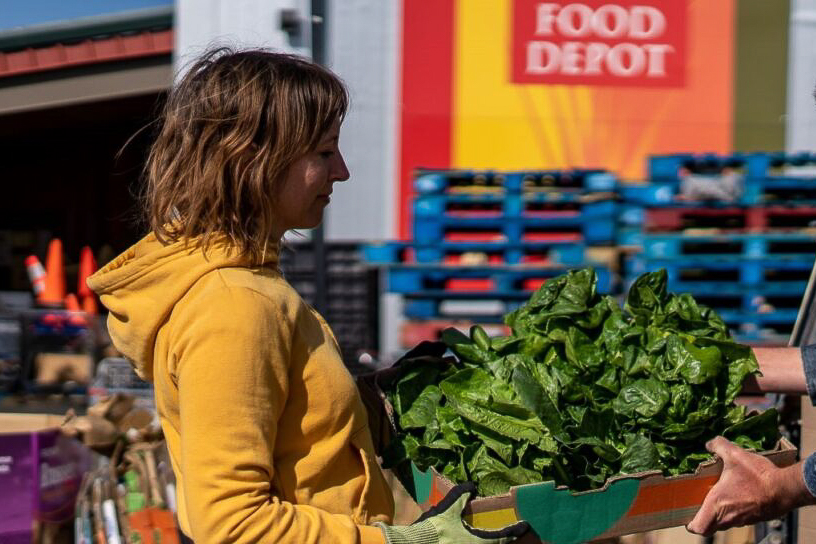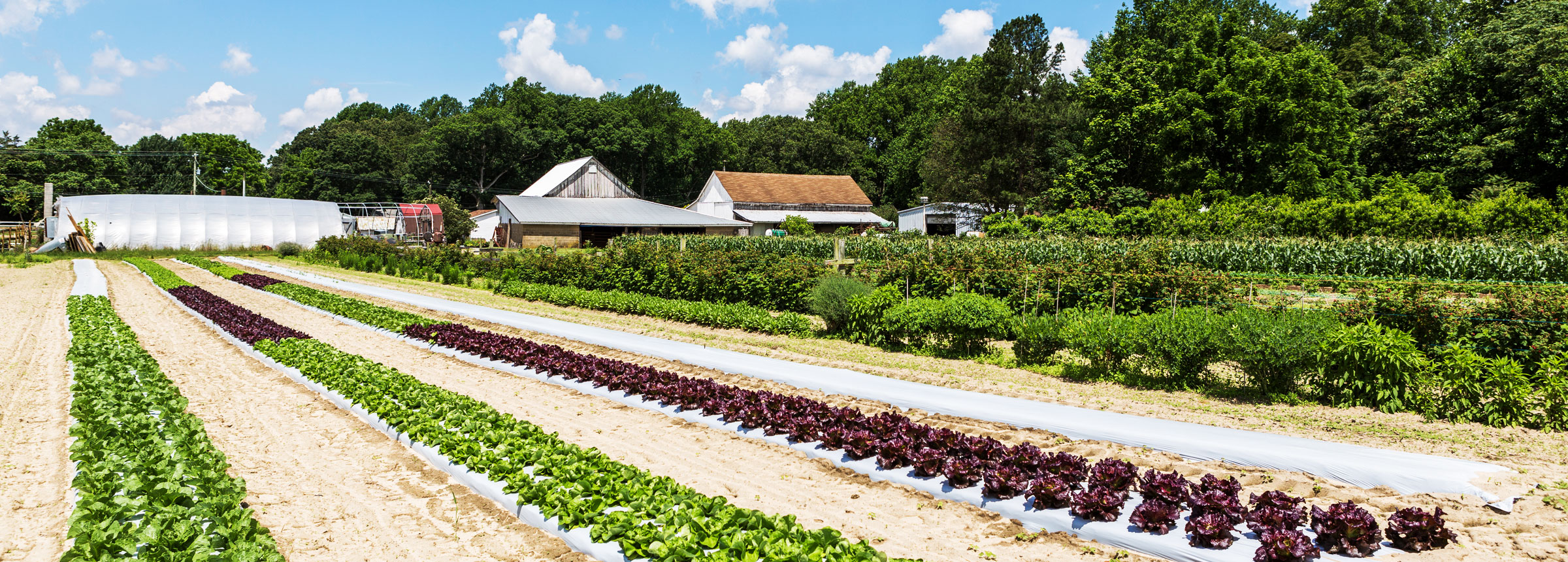
Wallace Center report details impact of USDA’s Local Food Purchase Assistance program
The U.S. Department of Agriculture’s Local Food Purchase Assistance (LFPA) program was created to connect local farmers, and particularly what the agency deems “socially disadvantaged” producers, with underserved communities experiencing food insecurity. Approximately 13%of the U.S. population is food insecure. Food insecurity and other challenges (including limited access to capital and land) are compounded for Black, Indigenous, People of Color (BIPOC) communities. By building value chains between local farms and food assistance programs, LFPA-funded initiatives are helping to create fair, institutional value chains for local farmers, while getting fresh, healthy, local products to those in need.
The Wallace Center team set out to support this program and to research its initial impacts. As part of this effort, the Center founded a national community of practice in October 2022 which has grown to 500 people. The team hosts monthly calls to build relationships, share ideas, and collectively troubleshoot problems.
This report was intended to help practitioners learn more about how these programs are taking shape across the country and to inform USDA, U.S. Congress, and funders of the many benefits of the program. Additionally, the report presents issues and offers recommendations for improvement. Since the team published the report in June, network members have shared it with congressional delegations, state legislators, and state food security councils among others. The Wallace Center would like to see this program continue to grow and evolve beyond its initial pilot.
For more information on the report, click here.
Related Projects

